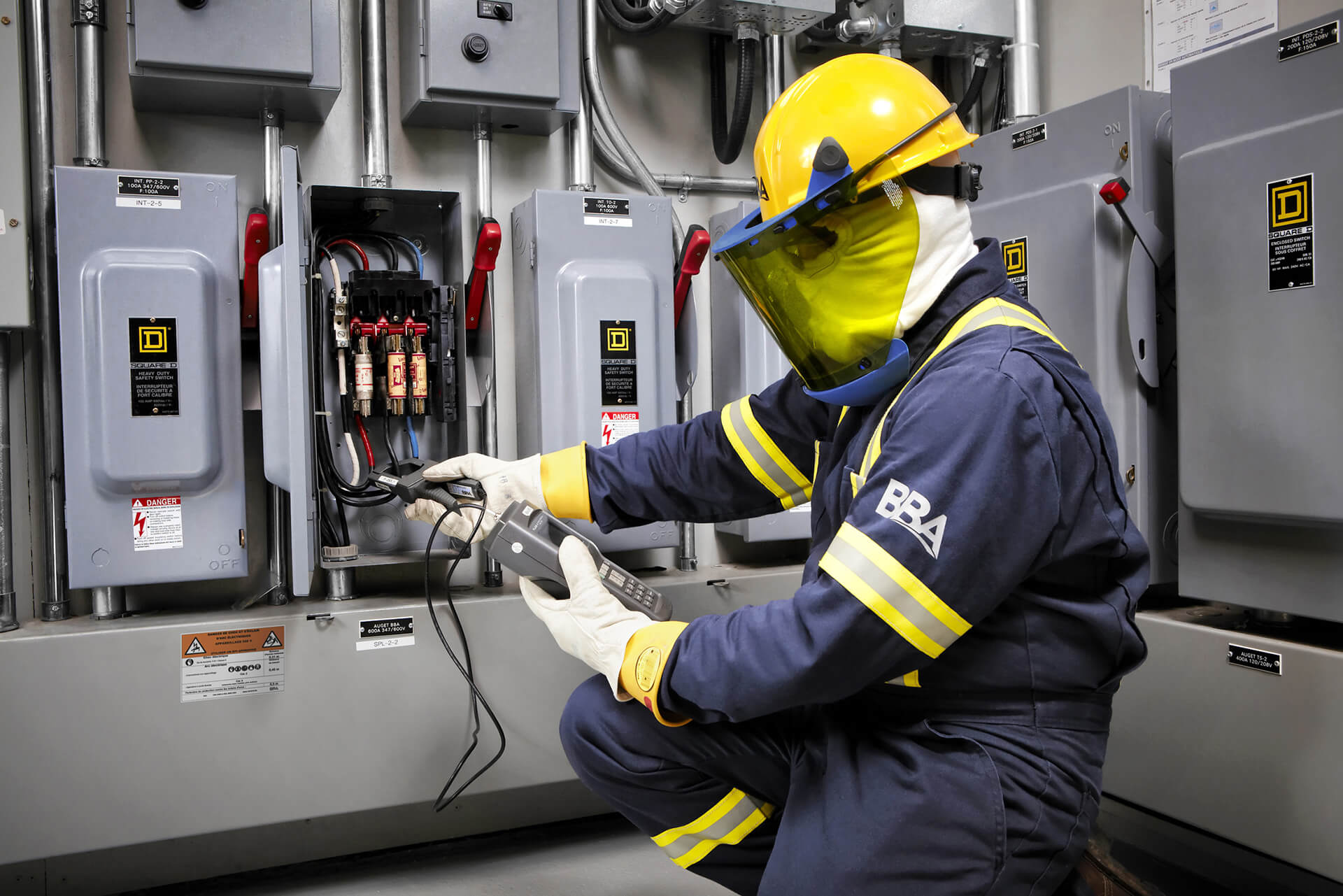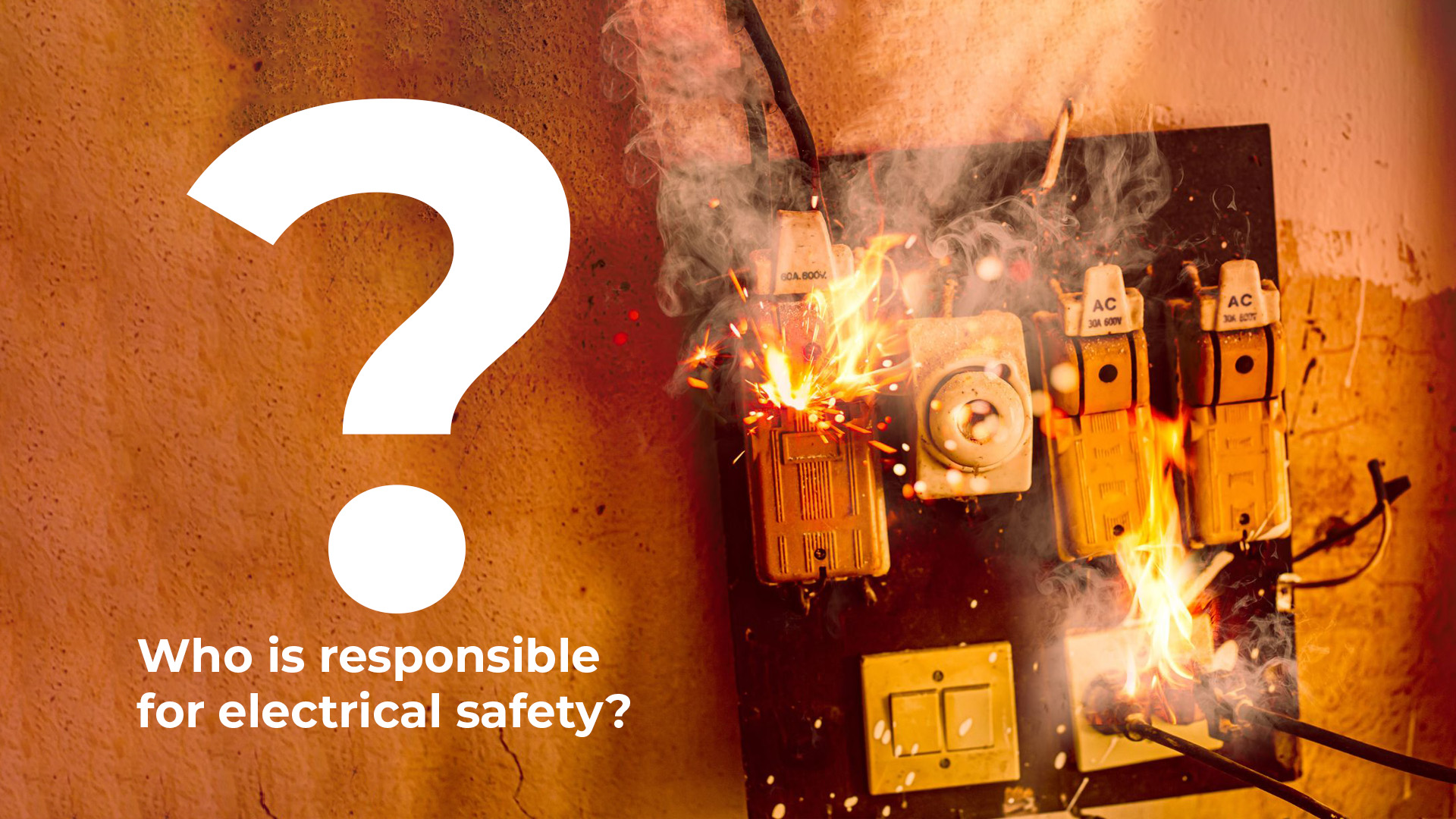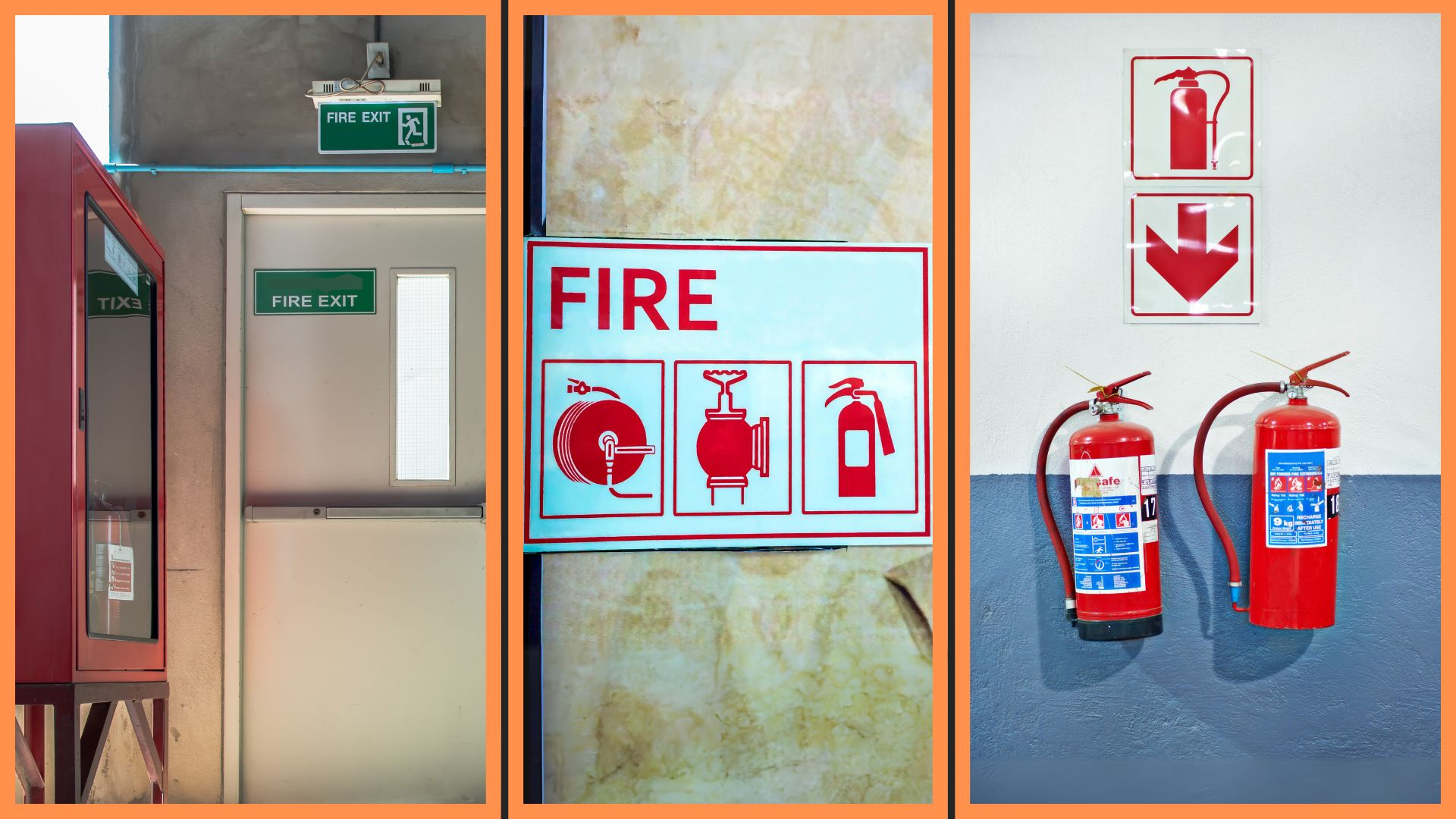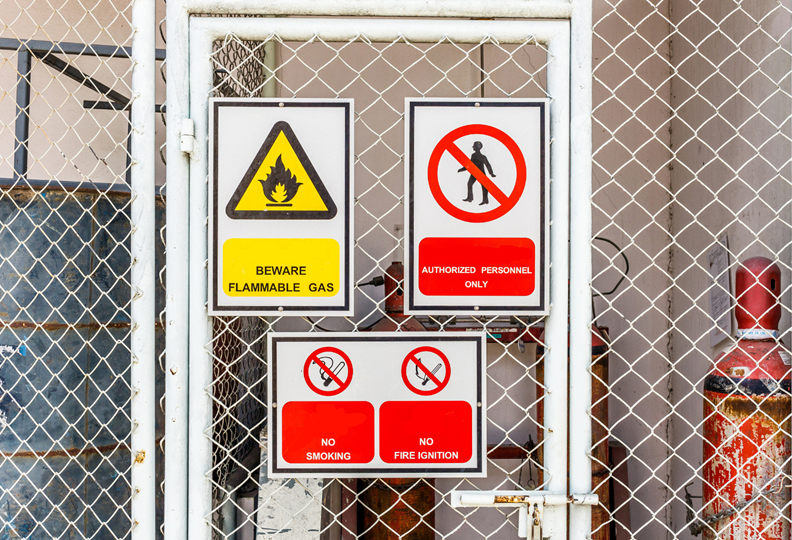In today’s modern world, electricity powers almost every aspect of our lives, from the lights that illuminate our workplaces to the machinery that drives productivity. However, along with the convenience and efficiency that electricity brings, there are also inherent dangers, particularly in the workplace where electrical hazards can pose significant risks to workers’ safety and well-being. Ensuring electrical safety in the workplace is paramount to prevent accidents, injuries, and even fatalities. To help promote a safe working environment, here are 30 essential electrical safety tips for the workplace:
- Understand Electrical Hazards: Educate yourself and your employees about the potential electrical hazards in the workplace, including exposed wires, overloaded circuits, and faulty equipment.
- Follow Safety Procedures: Always adhere to established safety procedures and guidelines when working with or around electrical equipment. This includes proper lockout/tagout procedures when servicing machinery or electrical systems.
- Use Personal Protective Equipment (PPE): Wear appropriate PPE such as insulated gloves, safety glasses, and flame-resistant clothing when working with electricity to protect against electrical shocks and burns.
- Inspect Tools and Equipment: Regularly inspect tools, cords, and equipment for damage or wear and tear. Replace or repair any damaged items immediately to prevent accidents.
- Keep Work Areas Clean and Tidy: Cluttered workspaces increase the risk of accidents, especially when it comes to electrical hazards. Keep work areas clean and organized to minimize the risk of trips, falls, and accidental contact with electrical sources.
- Avoid Overloading Circuits: Never overload electrical outlets or circuits by plugging in too many devices or appliances. Use power strips with built-in overload protection if additional outlets are needed.
- Properly Ground Equipment: Ensure that all electrical equipment is properly grounded to prevent electrical shocks and fires. Use ground fault circuit interrupters (GFCIs) in areas where water is present, such as kitchens and bathrooms.
- Use Caution with Extension Cords: Avoid running extension cords across walkways or under carpets where they can be damaged or pose a tripping hazard. Do not overload extension cords and replace damaged cords immediately.
- Be Mindful of Water and Electricity: Keep electrical equipment and outlets away from water sources to prevent the risk of electric shock. Never handle electrical devices with wet hands or while standing on wet surfaces.
- Know the Location of Circuit Breakers and Disconnect Switches: Familiarize yourself with the location of circuit breakers and disconnect switches in case of emergencies or the need to shut off power quickly.
- Use Proper Ladder Safety: When working near overhead power lines, use non-conductive ladders made of wood or fiberglass to avoid the risk of electrocution. Maintain a safe distance from power lines at all times.
- Avoid DIY Electrical Work: Leave electrical repairs and installations to qualified professionals who have the training and expertise to safely work with electricity. Attempting DIY electrical work can lead to serious injuries and property damage.
- Install Ground Fault Circuit Interrupters (GFCIs): Install GFCIs in areas where electrical equipment may come into contact with water, such as kitchens, bathrooms, and outdoor outlets. GFCIs help prevent electric shocks by quickly shutting off power in the event of a ground fault.
- Label Electrical Panels and Circuits: Clearly label electrical panels and circuits to ensure quick identification in case of an emergency or maintenance work. Proper labeling helps prevent accidental shutdowns and ensures the safety of workers.
- Implement Regular Maintenance Checks: Schedule regular maintenance checks for electrical systems and equipment to identify and address any potential issues before they escalate into safety hazards.
- Provide Adequate Training: Ensure that all employees receive thorough training on electrical safety procedures, including how to identify hazards, use PPE, and respond to emergencies.
- Create an Emergency Response Plan: Develop an emergency response plan that outlines procedures for handling electrical accidents, including first aid measures and evacuation protocols.
- Stay Alert and Focused: Avoid distractions and remain alert when working with electricity. Being focused and attentive can help prevent accidents and ensure the safety of yourself and others.
- Use Caution When Working at Heights: When working at heights near electrical equipment or power lines, exercise extreme caution to avoid accidental contact. Use insulated tools and maintain a safe distance from electrical sources.
- Report Unsafe Conditions: Encourage employees to report any unsafe electrical conditions or concerns immediately so that they can be addressed promptly.
- Secure Loose Wiring and Cables: Secure loose wiring and cables to prevent tripping hazards and reduce the risk of damage to electrical systems.
- Implement a Buddy System: When working with electricity, especially in confined spaces or hazardous environments, implement a buddy system to ensure that someone is always available to provide assistance in case of an emergency.
- Use Caution When Handling Flammable Materials: Exercise caution when working with electrical equipment in areas where flammable materials are present. Sparks or arcs from electrical sources can ignite flammable vapors or dust, leading to fires or explosions.
- Avoid Using Damaged Equipment: Do not use damaged or malfunctioning electrical equipment until it has been inspected and repaired by a qualified professional.
- Be Mindful of Temperature and Humidity: Extreme temperatures and humidity can affect the performance and safety of electrical equipment. Take precautions to protect equipment from adverse environmental conditions.
- Keep Electrical Panels Accessible: Ensure that electrical panels are easily accessible and not blocked by stored items or equipment. In case of an emergency, quick access to electrical panels is essential for shutting off power.
- Follow Manufacturer Guidelines: Adhere to manufacturer guidelines and specifications when installing, operating, and maintaining electrical equipment to ensure safe and proper usage.
- Stay Informed about Electrical Codes and Regulations: Keep abreast of relevant electrical codes, standards, and regulations to ensure compliance and promote a safe working environment.
- Promote a Culture of Safety: Foster a culture of safety in the workplace where employees prioritize and actively participate in maintaining a safe working environment, including adhering to electrical safety protocols.
- Continuous Improvement: Regularly review and assess electrical safety procedures and practices in the workplace to identify areas for improvement and implement necessary changes to enhance safety.
In conclusion, prioritizing electrical safety in the workplace is essential to protect employees from potential hazards and ensure a safe working environment. By following these 30 essential electrical safety tips, employers and employees can mitigate risks, prevent accidents, and promote a culture of safety where everyone plays a role in maintaining workplace well-being. Remember, when it comes to electricity, safety should always be the top priority.
At Buysafetyposters.com, we recognize the paramount importance of promoting electrical safety awareness. Our range of safety posters and signage, available in various Indian languages, serves as invaluable tools for reinforcing key safety protocols and disseminating essential information related to electrical safety. With our diverse selection of safety posters, organizations can effectively communicate vital safety messages to their workforce, empowering them to make informed decisions and prioritize safety at all times. Remember, investing in electrical safety is an investment in the well-being of your employees and the overall success of your business.



